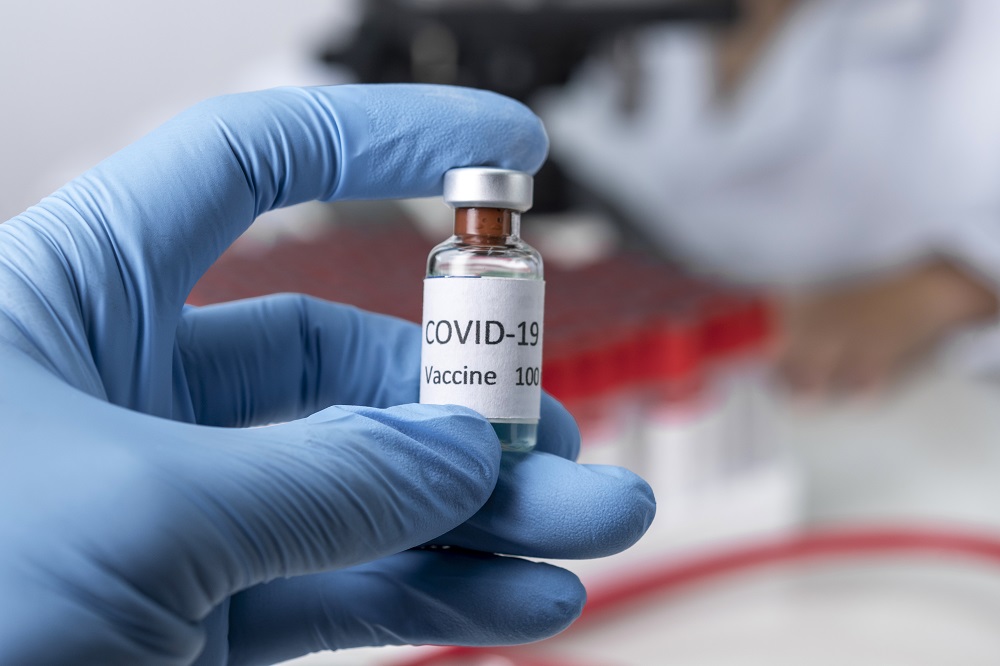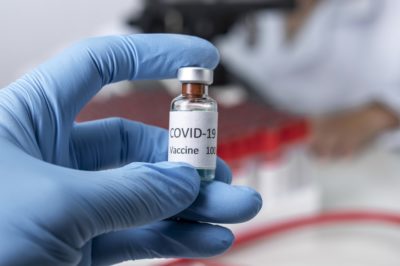



Pancreatic Cancer UK’s position on the COVID-19 vaccine prioritisation
People with pancreatic cancer must be given reasonable priority
Pancreatic Cancer UK hugely welcome the development and approval of the Pfizer-BioNTech vaccine for the prevention of COVID-19. For our community especially, many of whom are vulnerable, we hope this will be a crucial turning point in what has been an extremely challenging year.
However, regardless of the changes brought to our world by the pandemic, pancreatic cancer remains the deadliest common cancer. Nearly two thirds of people with pancreatic cancer are diagnosed at a late stage. This means that the majority will be faced with palliative care rather than curative treatment.
We believe it is essential, therefore, that palliative pancreatic cancer patients are given reasonable priority in receiving the COVID-19 vaccine. The current prioritisation list, published by NHS England on 2 December 2020, places those who are ‘Clinically Extremely Vulnerable’ (CEV) in the fourth priority group. Its definition of CEV is those who are ‘undergoing active chemotherapy, immunotherapy, or other continuing antibody treatments for cancer / having other targeted cancer treatments that can affect the immune system’. Some people with pancreatic cancer who are under 70 will not fall into this group, as they will not necessarily be having treatment in the palliative stage. As such, they would fall within the sixth priority group: ‘all individuals aged 16 years to 64 years with underlying health conditions which put them at higher risk of serious disease and mortality’.
We are calling on NHS England and the Government to ensure that people receiving palliative care for pancreatic and other less survivable cancers are prioritised so that they can receive the COVID-19 vaccine in the fourth priority group
The prioritisation system rightly puts those who are statistically most vulnerable to the virus at the head of the queue. But for people with pancreatic cancer who are not receiving active treatment, this could mean they spend the final months of their life waiting for a vaccine, unable to spend precious- and often limited- time with family and friends. If these people were included in the CEV category, their wait for vaccination could be dramatically reduced. This will mean that for some, the time they have left can be spent with their loved ones, rather than shielding from COVID-19.
We are therefore calling on NHS England and Government to ensure that people receiving palliative care for pancreatic and other less survivable cancers are prioritised so that they can receive the COVID-19 vaccine in the fourth priority group, alongside those who are classed as Clinically Extremely Vulnerable.

